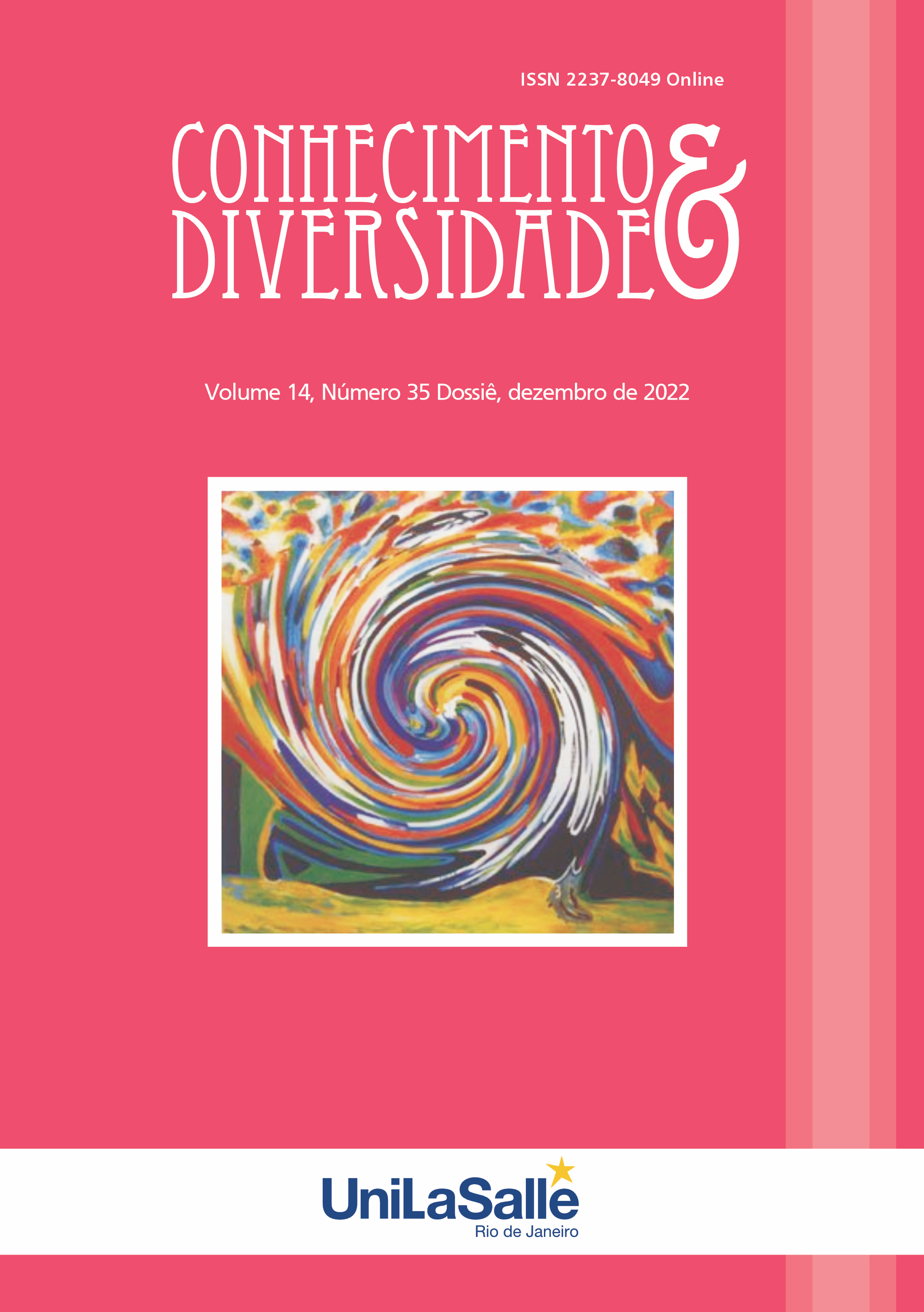Management of university-level training programs according to the AUN-QA approach: theoretical basis, management content, and influencing factors
DOI:
https://doi.org/10.18316/rcd.v14i35.10651Keywords:
Training program management, university level, AUN-QA, universities in VietnamAbstract
The issue of education quality in general and university training program management, in particular, is one of the major concerns of current education systems in the world and in Vietnam. Many studies have shown a dialectical relationship between education quality and training program management. The university training program is to train human resources with high skills, thinking abilities, and creative abilities. In training activities, it is necessary to innovate contents, programs, teaching, and learning methods, build a list of training occupations, and a system of assurance and accreditation of college training quality, towards integration with the university educational community of countries in the region and the world. The identification and clarification of the theoretical basis of training program management according to the AUN-QA approach are even more urgent when many Vietnamese universities are conducting training quality accreditation under this system. Along with that, it is necessary to clarify the management contents and impact factors of the management process of university-level training programs according to the AUN-QA approach. Qualitative analyzes were used as one of the main tools of this study. However, in some important contents, some important issues need to be clarified, this study will conduct some surveys to create more objectivity and accuracy in the conclusions.
Downloads
Published
Issue
Section
License
As recommended by the Public Knowledge Project, RCD adopts for its articles a CREATIVE COMMONS Attribution CC BY 4.0 license.
This license allows others to distribute, remix, adapt and build upon your work, even commercially, as long as they credit you for the original creation.
This is the most appropriate license offered.
Recommended for maximum dissemination and use of licensed materials.



